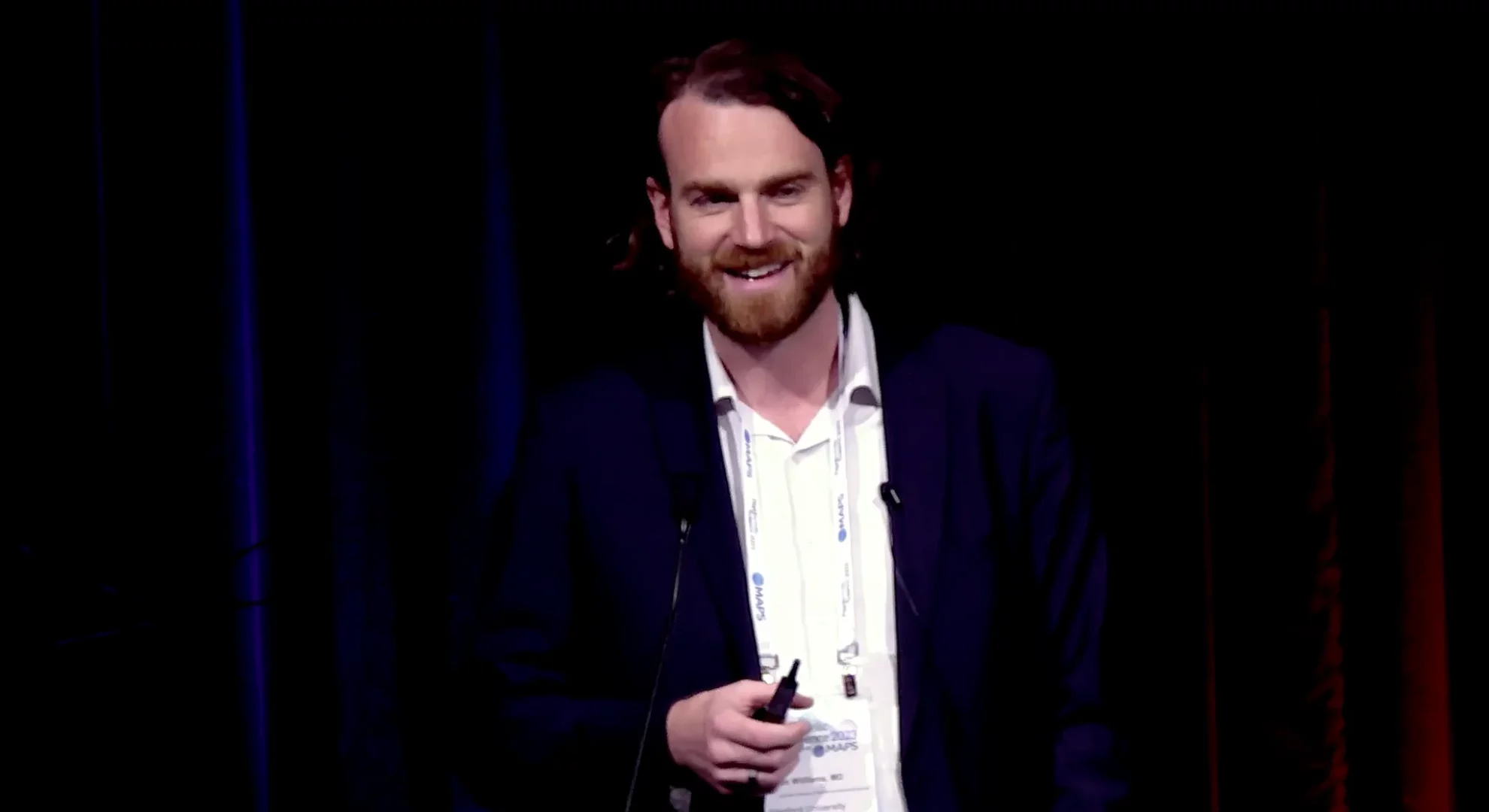
Ibogaine-Magnesium: the Stanford Traumatic Injury to the CNS (MISTIC) Protocol – A Pilot Study in Special Operations Veterans with Traumatic Brain Injuries
Traumatic brain injury (TBI) is a leading cause of disability worldwide and is particularly common among combat Veterans. Deleterious sequelae can include functional impairments and comorbid psychiatric syndromes such as posttraumatic stress disorder (PTSD), depression, and anxiety. Special Operations Forces Veterans (SOV) may be at an elevated risk for these complications, leading some to seek underexplored treatment alternatives such as the oneirogen ibogaine. Here, we report the first prospective trial of Magnesium-Ibogaine: the Stanford Traumatic Injury to the CNS protocol (MISTIC) in 30 male SOV with TBI and resulting functional disability (NCT04313712). Our primary outcome, the World Health Organization Disability Assessment Schedule (WHODAS-2.0), revealed clinically and statistically significant improvements in functioning both immediately and one-month post-treatment. Secondary analyses showed that remission rates for comorbid PTSD, depression, and anxiety were around 80%. There were no unexpected or serious adverse events. Controlled trials are needed to validate these initial results.
Share: Ibogaine-Magnesium: the Stanford Traumatic Injury to the CNS (MISTIC) Protocol – A Pilot Study in Special Operations Veterans with Traumatic Brain Injuries
Facebook
Twitter
LinkedIn
Email




